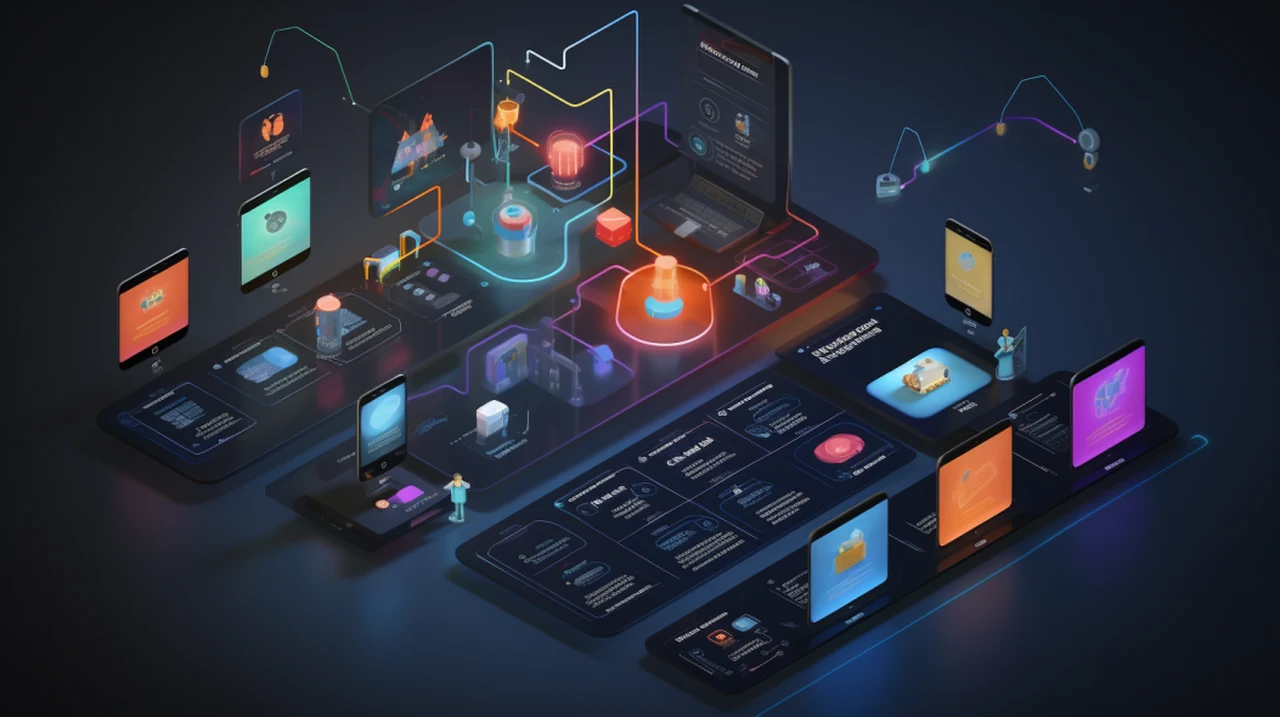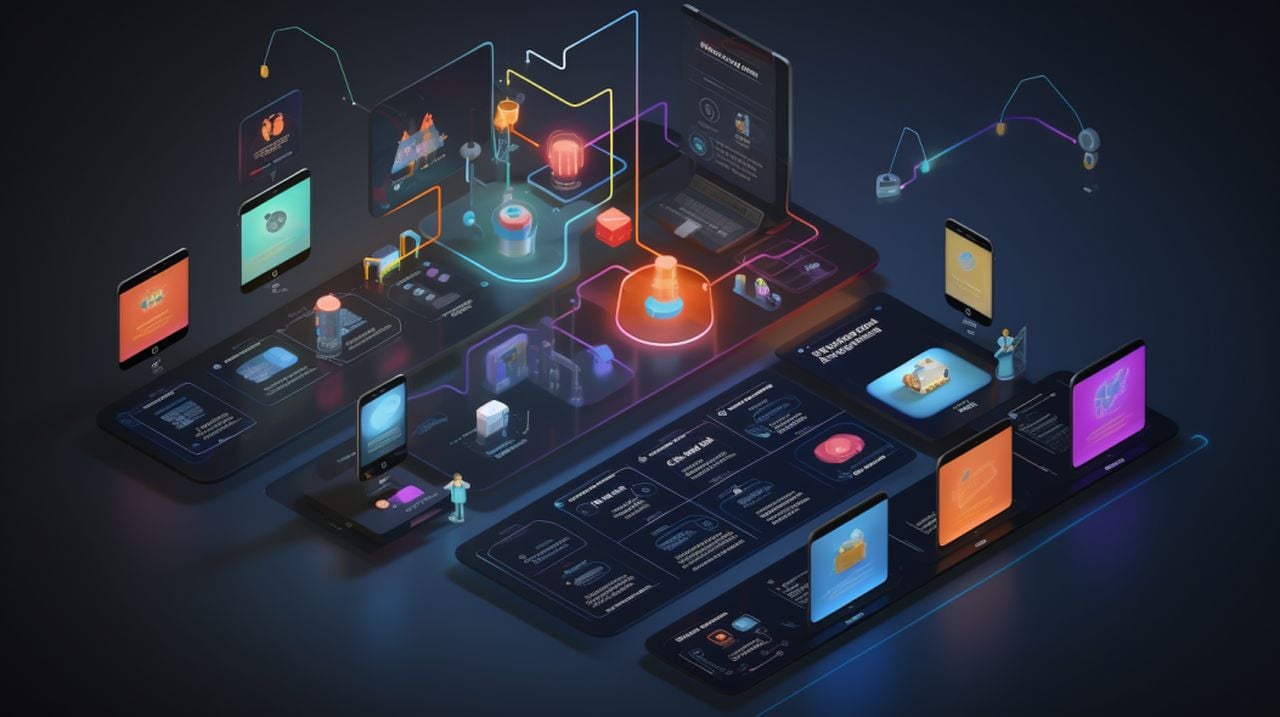
If you are looking for ways to streamline your Node.js development process might be interested to know that you can combine Google’s Duet AI artificial intelligent assistant to help create server side applications and solutions using Node.js. Imagine having a partner that takes care of the repetitive tasks, leaving you to focus on the creative aspects of coding. This quick overview guide will provide more details on how to make the most of Google’s Duet AI, especially if you’re using an Integrated Development Environment (IDE) like VS Code, to enhance your Node.js development process.
When you’re building a Node.js application, you might find yourself doing the same things over and over again. Duet AI is here to change that. It’s like having a coding companion that suggests code snippets and offers help with the tasks you’d rather not do. This means you can spend more time tackling the challenging problems that require your expertise.
Starting a new Node.js project can be time-consuming, but it doesn’t have to be. With Duet AI, you can quickly set up your application using the Express framework and the EJS templating engine. This helps you lay down a strong foundation for your project right from the start, without getting bogged down in the initial setup.
Duet AI and Node.js
One of the more tedious parts of coding is writing the same boilerplate code for every project. Duet AI can take care of generating this for you within VS Code. It can create essential configurations and standard files, like app.js, which is the core of your Node.js application, and package.json, which tracks your project’s dependencies.
Creating new files and adding features to your application is also made simpler with Duet AI. Whether you’re setting up a test.js file for unit tests or adding a new feature like form management, Duet AI helps you do it quickly and efficiently. This allows you to focus on the unique aspects of your app, rather than getting stuck on the basics.
Speaking of unit testing, it’s a crucial part of ensuring your code is up to snuff. Duet AI is there to help you implement tests using popular frameworks like Supertest and Mocha. This support is invaluable in creating a robust and reliable application that’s ready for production.
When the time comes to get your app out into the world, Duet AI makes the deployment process to Google Cloud’s Cloud Run a breeze. Cloud Run is a service that lets you run your Node.js app in a fully managed environment, and Duet AI smooths out the deployment steps, making it less of a headache.
Throughout the entire development cycle, Duet AI proves to be an asset by taking care of routine tasks and offering smart suggestions. This boosts your productivity and helps you deliver high-quality Node.js applications faster.
Benefits of combining Duet AI and Node.js for development
- Automated Code Generation: Using Duet AI for generating boilerplate code or specific functionalities in Node.js applications, reducing manual coding time.
- Code Optimization Suggestions: Leveraging Duet AI to suggest optimizations and improvements in Node.js code for performance and efficiency.
- Debugging Assistance: Utilizing Duet AI to identify and resolve bugs or issues in Node.js applications.
- Custom Script Creation: Employing Duet AI to create custom Node.js scripts for repetitive tasks, improving development workflow.
- Learning and Skill Enhancement: Accessing Duet AI’s knowledge base to understand complex Node.js concepts or best practices, aiding in continuous learning.
- API Development and Integration: Utilizing Duet AI to assist in developing and integrating APIs with Node.js, streamlining backend development.
- Real-time Collaboration: Leveraging Duet AI’s capabilities for real-time collaboration among development team members working on Node.js projects.
- Natural Language Processing (NLP) Applications: Using Duet AI’s language model capabilities in Node.js applications for NLP tasks.
- Data Analysis and Visualization: Applying Duet AI in Node.js environments for analyzing and visualizing large datasets, useful in data-driven applications.
- Automated Testing: Employing Duet AI to generate test cases and scripts for Node.js applications, enhancing testing efficiency.
Duet AI is transforming the way Node.js apps are developed by streamlining the process. From the moment you initialize your project with Express and EJS, to the final steps of deploying to the cloud, Duet AI provides the automation and support needed for increased efficiency. By incorporating Duet AI into your VS Code workflow, you can focus on what you do best: crafting standout applications that make a mark in the digital world.
Here are some other articles you may find of interest on the subject of Duet AI :
Filed Under: Guides, Top News
Latest timeswonderful Deals
Disclosure: Some of our articles include affiliate links. If you buy something through one of these links, timeswonderful may earn an affiliate commission. Learn about our Disclosure Policy.



